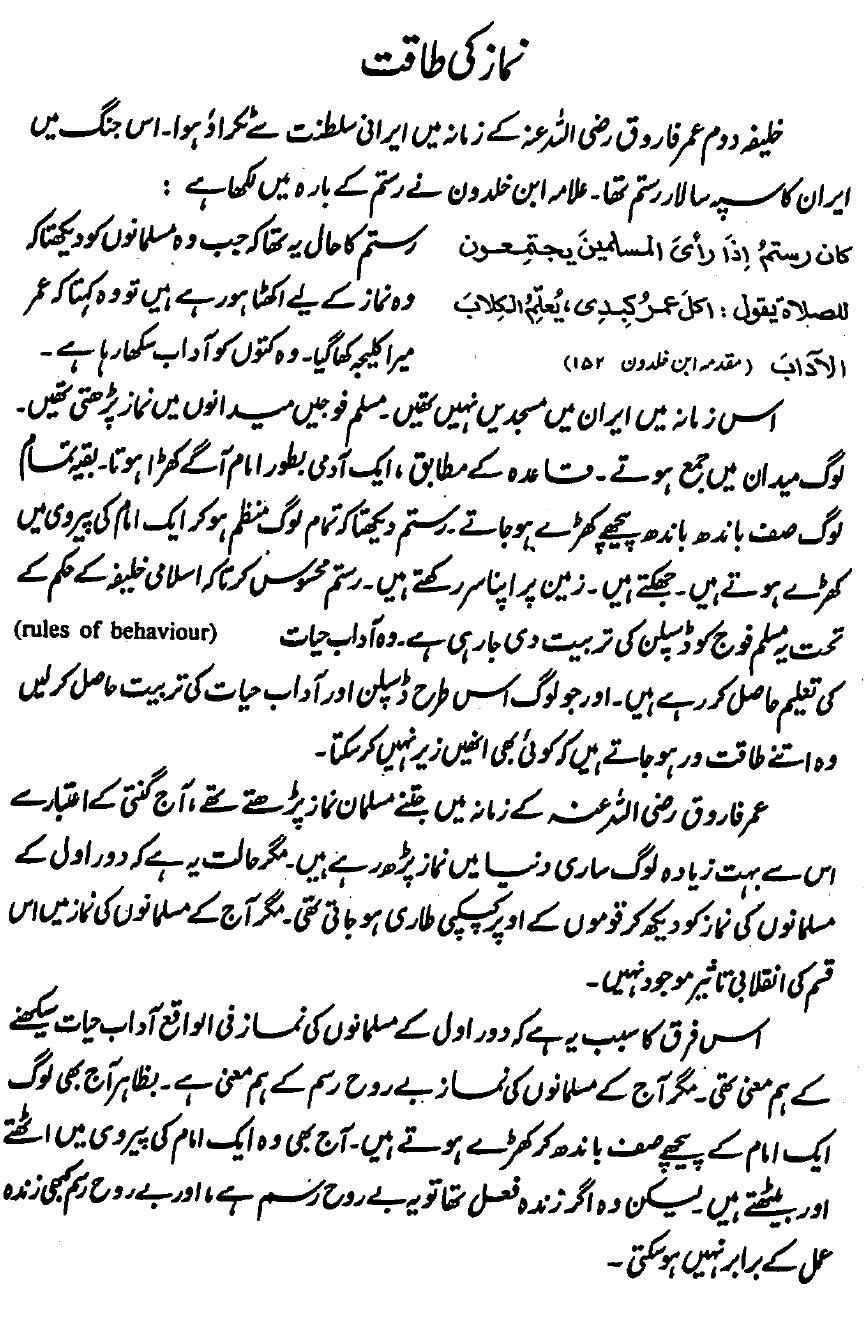Life slips away second by second. Are you aware that every day brings you closer to death or that death is as close to you as it is to other people?
We are told in the Qur’an: “Everyone shall taste death. Then unto Us, you shall be returned (29:57).
Everyone on this earth is destined to die. All nations that thrived in one time or another throughout history came to an end. Today, we hardly come across the traces of many of these people who passed away. Those currently living and those who will ever live will also face death on a predestined day. Despite this fact, people tend to see death as an unlikely incident.
Think of a baby who has just opened its eyes to the world and a man who is about to take in his last breath. Neither had an influence on their birth or death whatsoever. Only God possesses the power to inspire the breath of life or to take it away.
All human beings will live until a certain day and then die. In the Qur’an, Allah gives an account of the attitude commonly shown toward death in the following verse.
“Say (to them): “Verily, the death from which you flee, will surely meet you, then you will be sent back to (Allah) the All-Knower of the unseen and the seen, and He will tell you what you used to do.” (62:8)
The majority of people avoid thinking about death. In the rapid flow of daily events, people usually occupy themselves with totally different subjects: what college to enroll in, which company to work for, what color of clothing to wear the next morning, what to cook for supper, etc.
These are the kinds of major issues that we usually consider. Life is perceived as a routine process of such minor matters. Attempts to talk about death are always interrupted by those who do not feel comfortable hearing about it.
Assuming death will come only when people grow older, they do not want to concern themselves with such an unpleasant subject. Yet it should be kept in mind that living for even one further hour is never guaranteed. Every day, people witness the deaths of other people around them but think little about the day when others will witness their own death. People never suppose that such an end is awaiting them!




